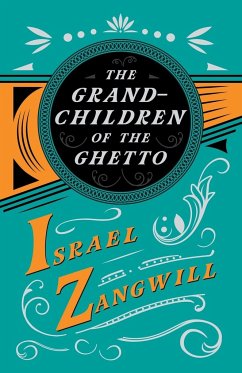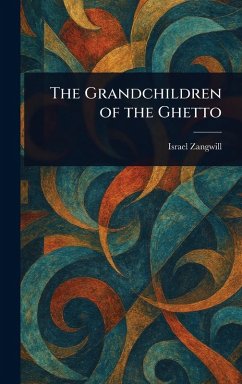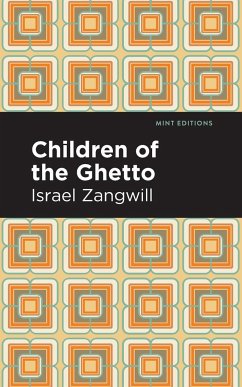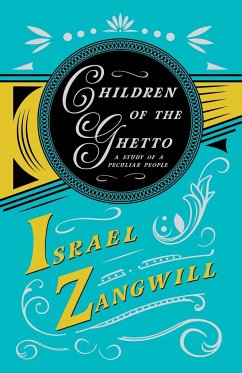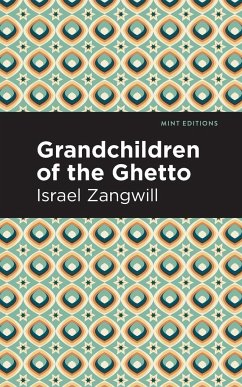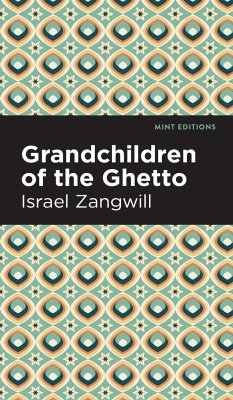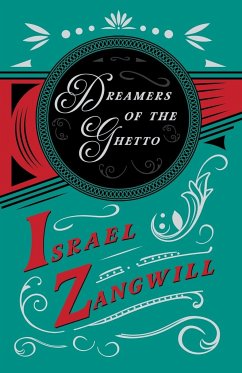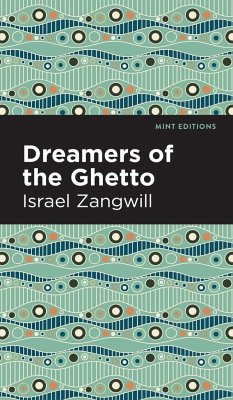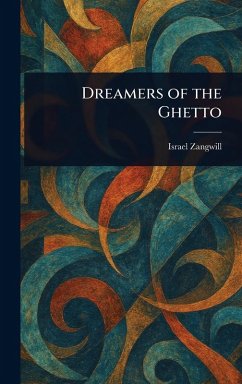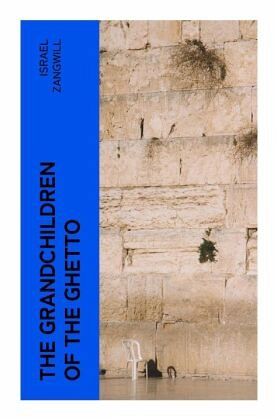
The Grandchildren of the Ghetto
Versandkostenfrei!
Versandfertig in 6-10 Tagen
11,80 €
inkl. MwSt.
Weitere Ausgaben:

PAYBACK Punkte
0 °P sammeln!
In "The Grandchildren of the Ghetto," Israel Zangwill artfully weaves a narrative that delves into the complexities of Jewish identity and the immigrant experience at the turn of the 20th century. Set against the vibrant yet turbulent backdrop of London's East End, the novel follows the lives of Jewish characters as they navigate the intersections of tradition, modernity, and cultural assimilation. Zangwill employs a distinctive literary style, rich in social realism and imbued with a sense of humor, to explore the tensions between heritage and the desire for acceptance in a rapidly changing w...
In "The Grandchildren of the Ghetto," Israel Zangwill artfully weaves a narrative that delves into the complexities of Jewish identity and the immigrant experience at the turn of the 20th century. Set against the vibrant yet turbulent backdrop of London's East End, the novel follows the lives of Jewish characters as they navigate the intersections of tradition, modernity, and cultural assimilation. Zangwill employs a distinctive literary style, rich in social realism and imbued with a sense of humor, to explore the tensions between heritage and the desire for acceptance in a rapidly changing world. The work is not only a poignant commentary on the challenges of diaspora but also reflects the broader socio-political currents of its time, including anti-Semitism and the quest for belonging in an often indifferent society. Israel Zangwill (1864-1926) was a prominent figure in the Jewish literary renaissance and an outspoken advocate for Jewish rights and identity. Growing up in the shadows of the ghetto, Zangwill's own experiences as an immigrant shaped his worldview and motivated him to highlight the struggles and aspirations of his community. His diverse background-encompassing influences from literature, politics, and social issues-infused his writing with a unique perspective that resonated with contemporary readers and continues to engage modern audiences today. "The Grandchildren of the Ghetto" is a compelling read for those interested in the nuanced portrayal of immigrant communities and their evolving identities. Zangwill's keen insights and vibrant characters offer timeless reflections that remain relevant in today's discussions on multiculturalism and belonging. This novel is an essential addition to the library of anyone eager to explore the rich tapestry of Jewish literature and the immigrant experience.




